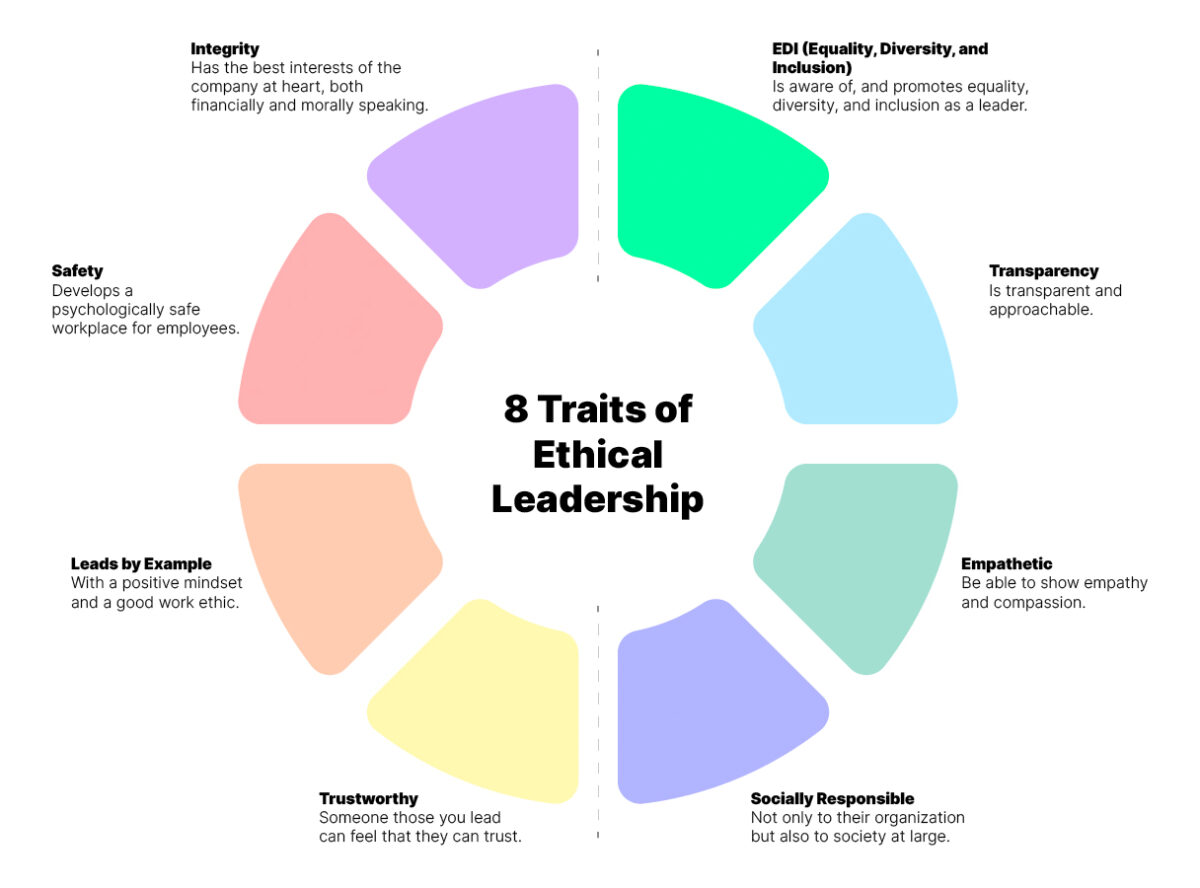In today’s fast-changing business environment, many companies are rethinking how they lead. Traditional models are no longer enough. Transcendent leadership is gaining attention for its holistic approach, blending emotional intelligence, inclusivity, and ethical decision-making. This article explores why this shift matters, and how it can transform your workplace culture and performance.
What Is Transcendent Leadership?
Transcendent leadership extends beyond authority and task management. It focuses on the inner growth of leaders and teams, encouraging integrity, empathy, and a deep sense of purpose. At its core, this leadership style values:
- Self-awareness: Regular reflection on actions and intentions
- Ethical behavior: Decisions aligned with organizational and societal values
- Inclusivity: Diverse voices are welcomed and valued
- Emotional intelligence: Leadership through empathy and connection
Why Companies Need Transcendent Leadership
Many organizations struggle with disengaged teams and high turnover. These issues often stem from leadership styles that prioritize control over connection. Transcendent leadership creates psychologically safe environments, where employees feel seen, heard, and motivated.
According to a recent B Team article, Halla Tómasdóttir’s leadership style emphasized sustainable values and collaboration, contributing to her recent election as President of Iceland.
Real-World Examples
Halla Tómasdóttir – Former CEO of The B Team and current President of Iceland, exemplifies transcendent leadership by advocating for inclusive and sustainable practices. Her approach emphasizes courageous collaboration and redefining leadership norms to address global challenges.
Leena Nair – CEO of Chanel, leads with compassion and inclusivity. Her focus on creating a fair and equitable workplace has translated into strong business outcomes, demonstrating the power of empathetic leadership. Read more here.
Riccardo Bellini – CEO of Chloé, embraced regenerative leadership by aligning personal motivations with professional roles, fostering creativity, and long-term value creation. His leadership led Chloé to become the first luxury fashion brand to achieve B Corp certification. Discover how.
How to Implement Transcendent Leadership
To integrate this style into your organization, consider:
Fostering open communication: Build trust and invite honest dialogue.
Investing in emotional intelligence training: Equip leaders to lead with empathy.
Aligning actions with ethics: Let values guide every strategic decision.
Highlighting inclusion: Ensure every voice matters in team conversations.
Ethical Leadership in Practice
Dr. Valeria Lo Iacono identifies eight traits that support ethical leadership. These traits overlap strongly with transcendent leadership values:

The Imperative for Change
Recent observations highlight a pressing issue: leaders who rely solely on authority often face challenges in team cohesion and communication. Such environments can lead to employees feeling undervalued, resulting in decreased morale and increased turnover. The costs associated with recruiting and training new employees, only to see them leave due to a lack of connection, are substantial.
Transcendent leadership addresses these challenges by fostering a culture of appreciation, open dialogue, and shared purpose. By emphasizing empathy and ethical practices, organizations can enhance employee engagement and retention.
Final Reflection
Transcendent leadership is not just a model, it’s a movement. It invites us to redefine how we lead, not just for profit, but for people and purpose. Whether you’re a CEO, a team leader, or a changemaker, this approach offers a roadmap to lasting impact.
How can transcendent leadership principles be integrated into your daily practices to foster a more inclusive and ethical workplace?
Curious how this could apply in your team or organization? Explore my workshops on leadership and transformation.



